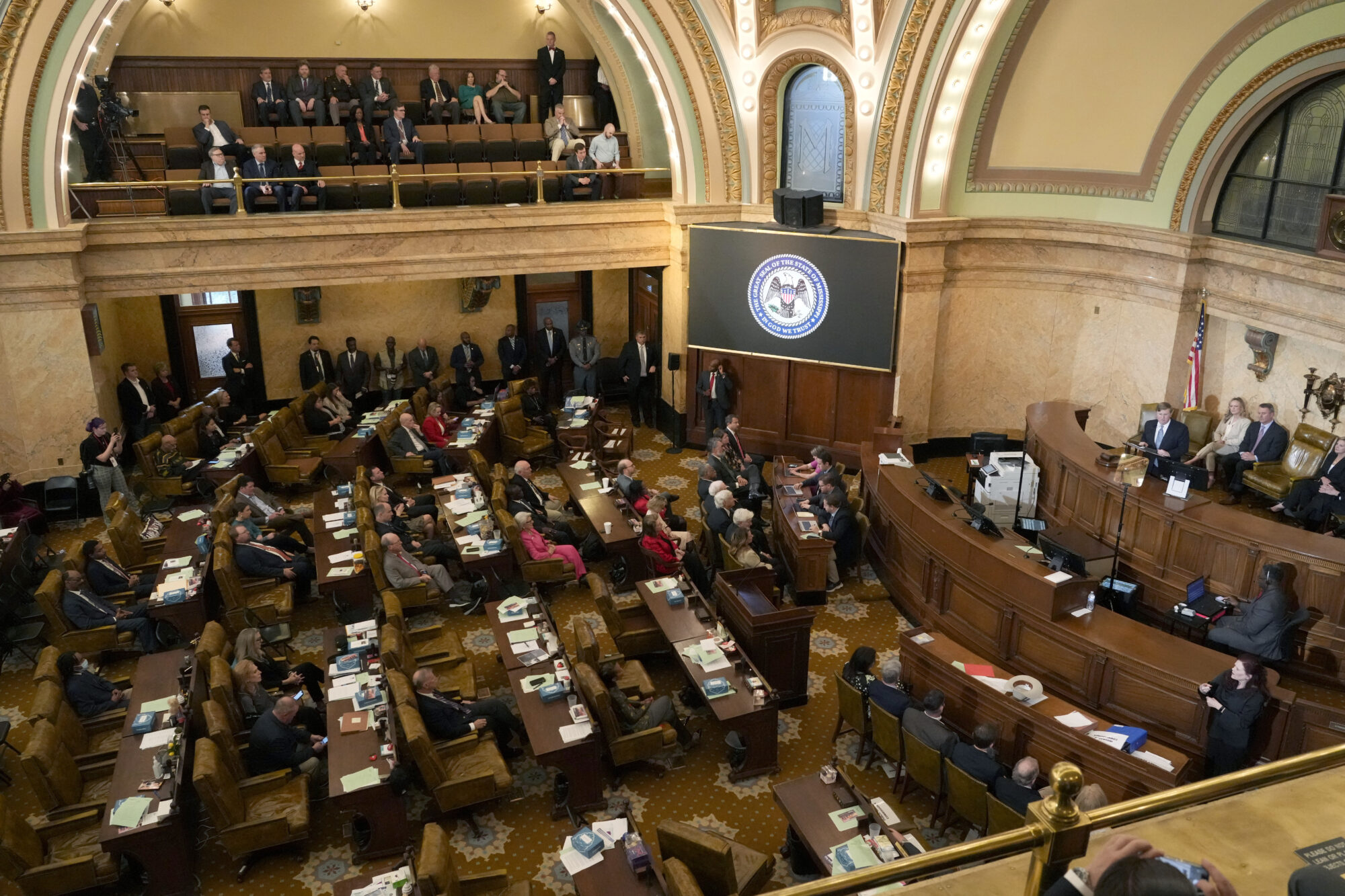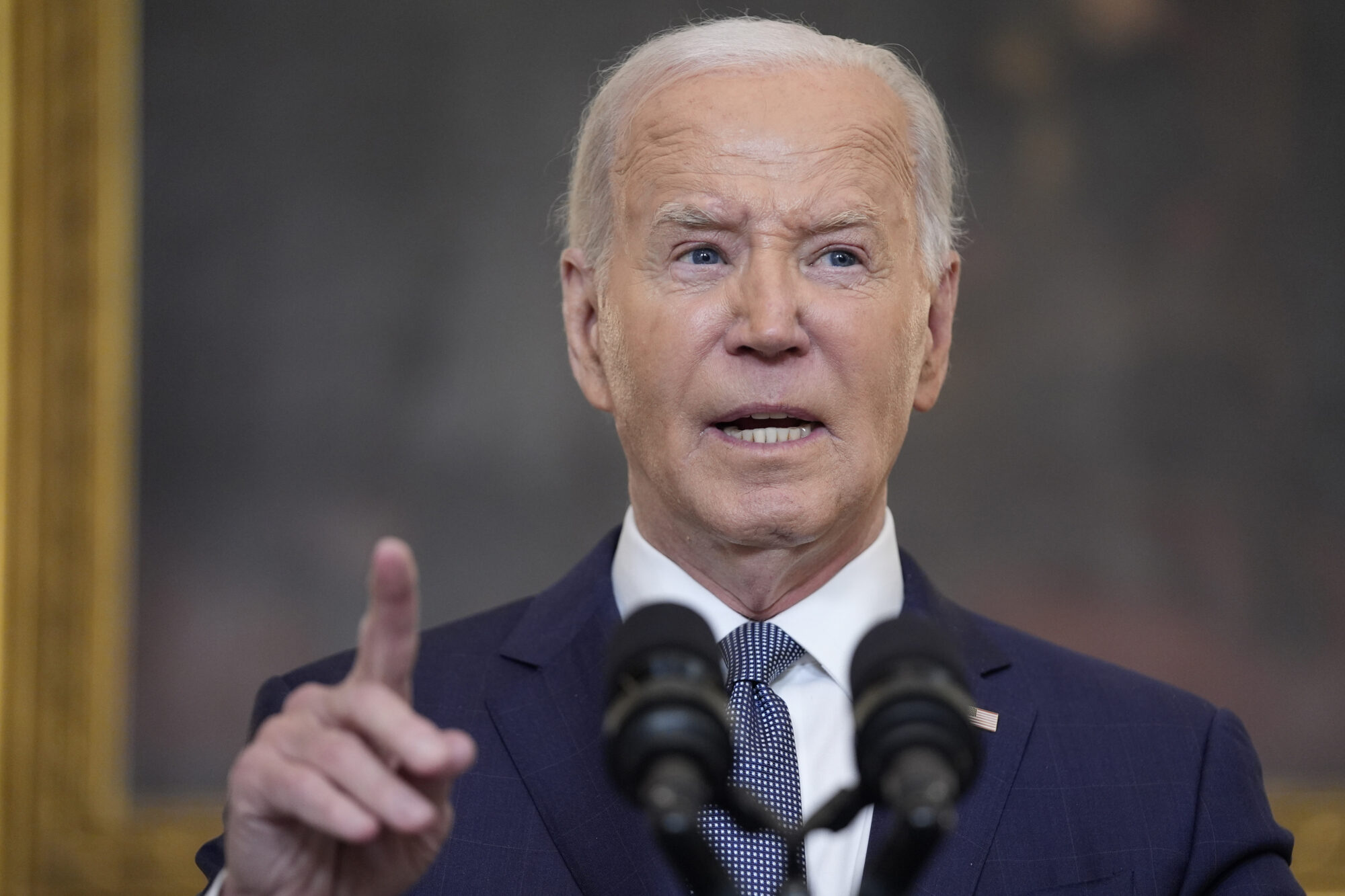
Mississippi will not participate in Summer EBT program for 2024 due to a lack of resources to support the program.
Mississippi is one of 15 states that will not participate in the Summer Electronic Benefit Transfer (EBT) program that was made permanent by the federal government.
According to representatives from the Mississippi Department of Human Services, the state is not able to adequately implement the program this year due to a lack of resources.
MDHS said in a statement:
After conferring with the Mississippi Department of Education, both MDE and Mississippi Department of Human Services lack the resources, including workforce capacity and funding to support a Summer EBT Program.
This was also confirmed by a representative from MDE.
Initially, Democratic Congressman Bennie Thompson attempted to target Governor Tate Reeves (R) as the one who opted out of the program.
“Shame on Tate Reeves for refusing essential food assistance for eligible children during the summer,” said Thompson in a release.
However, confirmation from MDHS and MDE indicate that a lack of resources and funding to draw down the federal dollars were the issue for the Magnolia State.
“Mississippi already has longstanding programs in place that help feed children during summer months. It’s disingenuous for Representative Thompson to insinuate that children won’t get the support they need by not participating in something that was originally intended to be a temporary pandemic-era program,” said Shelby Wilcher from the Governor’s office. “If Representative Thompson, Joe Biden, and Democrats in Washington had their way, Americans would still be locked down, subjected to COVID vaccine and mask mandates, and welfare rolls would’ve exploded. The pandemic is over; and it’s time for state leaders to step up and reject Joe Biden and Democrats’ best attempts to expand the welfare state.”
Mississippi does offer a Summer Food Service Program (SFSP) through the Department of Education. The program provides meals for preschool and school-age children in needy areas during the extended vacation periods when out of school.
“The MDE will continue to administer the federally funded Summer Food Service Program, which provides meals at sites in low-income communities, and the Seamless Summer Option, which allows schools participating in the national school lunch program to provide free meals to children during the summer and school vacation periods,” said Jean Cook, Director of Communications for MDE.
More about the Summer EBT program
The Consolidated Appropriations Act in 2023 established a permanent summer EBT program to begin in the summer of 2024. For states who choose not to participate in 2024, they will have the option to do so in future years.
The legislation provided an initial $40 million for the Summer EBT program. State’s will receive the benefits to disperse through grants from the federal government. States will be eligible to draw down funds equal to 50 percent of the administrative expenses incurred by the state, meaning states are responsible for a 50/50 match on implementation of the program. This portion must be paid with non-federal sources.
The program was announced to be permanent by the U.S. Department of Agriculture (USDA) as an initiative to ensure the nation’s children do not go without food during the summer months. The USDA said the initiative will allocate $120 per eligible child for the summer, in order to help families purchase food from grocery stores, farmers markets and retailers.
In total, the program is expected to impact 21 million children in states and territories in the U.S. with 35 states, all five territories, and four tribes participating in the program.
Eligible children are automatically enrolled through a streamlined certification process. However, families may choose to opt out of the service in order to participate in a state-operated program.
Child eligibility is determined by several makers. Children must be school-age and not enrolled in NSLP/SBP school, including children who attend public or private school that do not participate in NSLP/SBP. Home-schooled children may be eligible if they participate in the Supplemental Nutrition Assistance Program (SNAP), Temporary Assistance for Needy Families (TANF), Food distribution Program on Indian Reservations, Medicaid or another means tested program that is approved by the Secretary.
Among the states who will not offer the program in 2024 are Alabama, Alaska, Florida, Georgia, Iowa, Louisiana, Mississippi, Nebraska, Oklahoma, South Carolina, South Dakota, Texas, Vermont and Wyoming
“I believe it is a sad day for Mississippi, but especially for children in Mississippi,” said Senator Rod Hickman (D-32) who represents parts of Meridian and surrounding counties. “From the data I have received, more than 300,000 children will be eligible for the summer food program. These are children who would not ordinarily have food in their homes in the summer time. These are low income working Mississippians who are able to provide meals and food for their families through this program.”
He said with so many food deserts in Mississippi, lack of participation in the program will only hurt the working poor in the state.
While Hickman was not aware as to who exactly made the decision for the state not to participate in the program, he said he hopes there will be reconsideration.
Senator Hickman said the program has a positive economic impact on Mississippi, bringing roughly $38 million to the state.
“Although it is an option for States and ITOs to administer, they should consider the overwhelming benefit to low-income children and families in their communities, as well as anticipated benefits to local economies. Summer EBT has been tested through a decade of demonstration projects, and rigorous evaluation has shown that Summer EBT effectively mitigates food insecurity and improves diet quality,” according to the USDA website.











